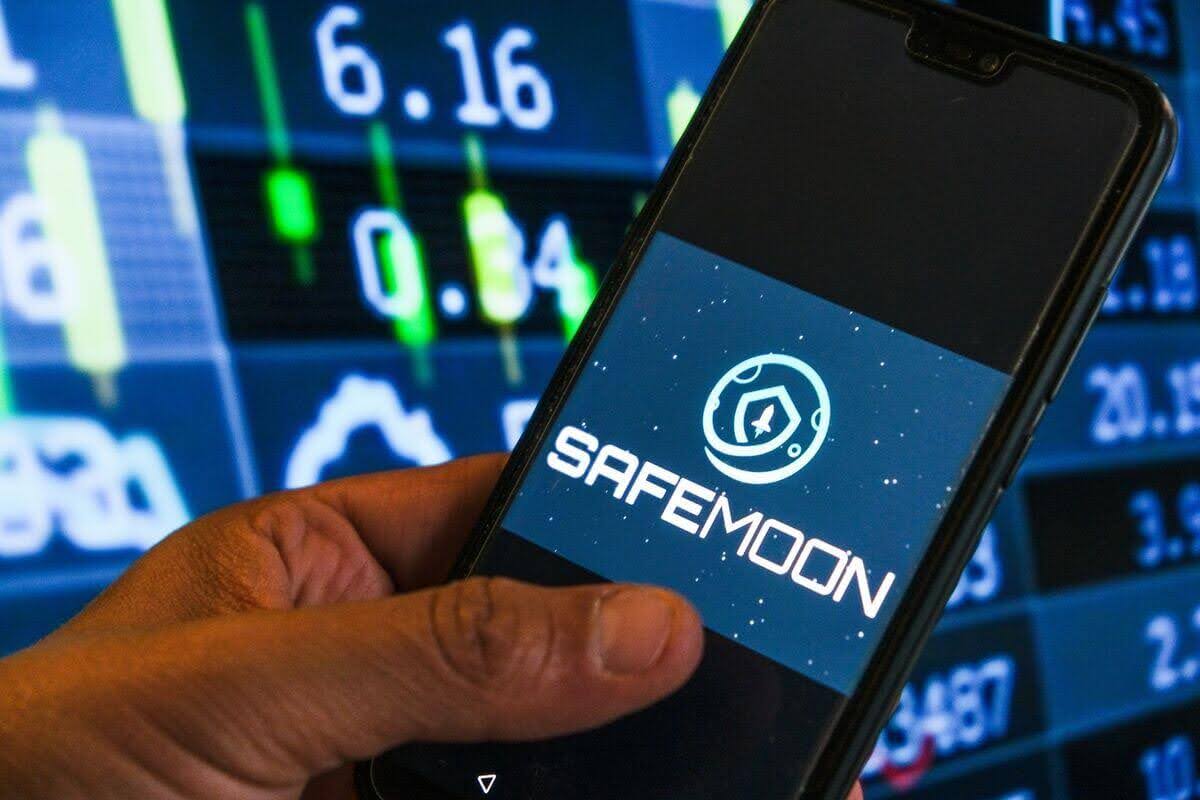SafeMoon’s $8B Crypto Collapse: CEO Convicted in Massive Fraud, Faces 45-Year Sentence

Key Takeaways:
- SafeMoon CEO Braden Karony convicted of wire fraud, securities fraud, and money laundering.
- Over $9 million misappropriated from SafeMoon’s liquidity pool, used for luxury cars and real estate.
- Market cap once topped $8B, now a symbol of how hype-fueled DeFi projects can unravel into criminal schemes.
In a landmark case that underscores the high-stakes risks in crypto investing, Braden Karony—the CEO of SafeMoon—has been found guilty on all charges in a multi-million dollar fraud scheme. Once hailed as a DeFi success story, SafeMoon’s dramatic fall is now a cautionary tale for investors and regulators alike.

DeFi Giant Turns Ponzi-Like Operation
SafeMoon launched in early 2021 amid the height of the meme coin and DeFi craze. The token quickly gained viral popularity, with celebrity endorsements and promises of passive income through its auto-staking tax model. At its peak, the project reached a staggering $8 billion market cap and attracted millions of holders globally.
But beneath the surface, federal prosecutors revealed a calculated plan of deception. Karony and his co-conspirators secretly retained full access to the “locked” liquidity pool, which was promoted to investors as secure and inaccessible to insiders. Rather than supporting token stability, they diverted millions of dollars from these pools into personal wallets.
Luxury Lifestyle Funded by Stolen Crypto
According to the U.S. Department of Justice, Karony used his access to siphon over $9 million worth of crypto, which he then laundered through complex wallets and pseudonymous exchange accounts. The funds were used to purchase:
- A $2.2 million home in Utah
- Other residences in Utah and Kansas
- A $277,000 Audi R8, additional sports cars, and custom trucks

This was no isolated operation. Prosecutors noted that Karony’s trading activity directly contradicted SafeMoon’s public statements. While marketing claimed no insider trading, Karony and his team regularly bought and sold tokens at market highs, profiting at the expense of retail investors.
Read More: Landmark Legislation to Target Crypto Fraud in New York State
The Illusion of SafeMoon’s “Locked” Liquidity
A Deep Dive into the Deception
SafeMoon’s smart contract included a 10% tax on all transactions—5% to be redistributed to holders and 5% to liquidity pools. This model attracted retail investors seeking passive rewards, often under the assumption that developers couldn’t interfere with the locked funds.
However, Karony and his associates manipulated this trust. They manually altered token pairings, extracted funds from pools under the radar, and misrepresented SafeMoon’s decentralization. Essentially, the “safe” aspect of SafeMoon was a marketing illusion, and investor confidence was leveraged to run an internal cash machine.
The project’s social media and leadership continued to deny any insider trading, even as investigators now confirm Karony executed multiple concealed trades, timed to maximize personal profits.
Read More: Changpeng Zhao of Binance Denies Money Laundering, Fraud Allegations Amid WSJ Claims
Ripple Effects on Crypto Regulation and Trust
Karony’s conviction comes at a time when the U.S. crypto industry is getting more attention from regulators. This case makes authorities even more worried about rug pulls, manipulating liquidity, and the lack of openness in a lot of DeFi ventures. It also gives the SEC and DOJ more power as they try to get stronger rules for how digital assets must be handled.
One co-conspirator, Thomas Smith, has pleaded guilty and awaits sentencing. Another, Kyle Nagy—who also played a key role in founding SafeMoon—remains a fugitive.
Karony, now convicted on all three federal charges, faces up to 45 years in prison, marking one of the most severe penalties in crypto-related fraud to date.
A Turning Point for Crypto Oversight
The SafeMoon saga serves as a sobering lesson: flashy tokenomics and viral marketing can’t replace legitimate business practices and investor protections. As enforcement catches up with innovation, the DeFi space may finally be approaching its regulatory reckoning.
The post SafeMoon’s $8B Crypto Collapse: CEO Convicted in Massive Fraud, Faces 45-Year Sentence appeared first on CryptoNinjas.
